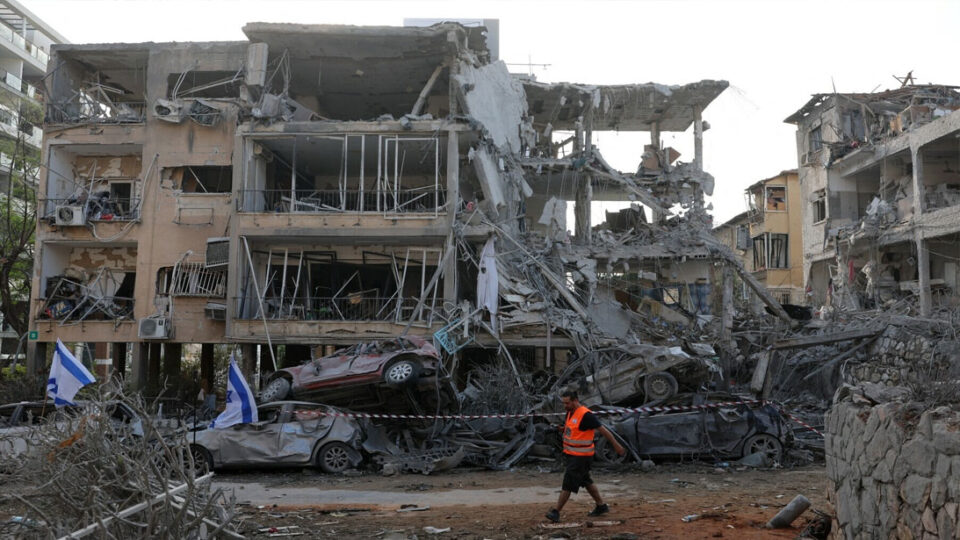Iran launched a significant missile offensive against Israel early on Saturday, June 14, 2025, under the operation named “True Promise 3.” This retaliatory strike followed Israel’s earlier attacks on Iranian nuclear and military facilities that resulted in the deaths of several high-ranking Iranian officials.
Casualties and Damage
-
In Israel: The Iranian missile barrage led to at least one confirmed death and injuries to approximately 40 individuals. Rescue operations were underway in affected areas, including Rishon Lezion, where apartment buildings were destroyed. The Israeli military reported that dozens of missiles were fired, with some intercepted by defense systems.
-
In Iran: The Israeli strikes on June 13 resulted in at least 78 fatalities and over 320 injuries, according to Iran’s UN envoy. Among the deceased were military officers, scientists, and civilians. Notably, Major General Mohammad Bagheri, the Chief of Staff of Iran’s Armed Forces, and Major General Hossein Salami, the commander of the Islamic Revolutionary Guard Corps (IRGC), were killed in the attacks. Additionally, nine nuclear scientists lost their lives. The majority of casualties were civilians, including women and children .en.wikipedia.org
Military Developments
In response to the Israeli strikes, Iran’s IRGC launched “Operation True Promise 3,” targeting Israeli military airbases, including Negev and Ovda, as well as Tel Nof and other strategic sites. Iran claimed that its missile and drone units employed precision-guided systems to strike these targets effectively. The IRGC stated that despite Israeli defense efforts, many missiles successfully hit their intended targets .
Diplomatic Reactions
-
United Nations: UN Secretary-General António Guterres called for an immediate ceasefire, urging both nations to halt the escalation and prioritize peace and diplomacy .
-
United States: President Donald Trump expressed support for Israel’s right to defend itself but also emphasized the need for dialogue and diplomacy to de-escalate the situation. U.S. officials confirmed assistance to Israel in intercepting Iranian missiles, while reiterating that the U.S. was not involved in the initial Israeli strikes .
Economic Impact
The ongoing conflict has led to a surge in global oil prices, with increases of over 10%, reaching their highest levels since January. This spike reflects concerns about potential disruptions to oil supplies from the region, particularly through the Strait of Hormuz, a critical energy transit route
Conclusion
The escalation between Iran and Israel has resulted in significant casualties and widespread damage. Both nations have suffered losses, and the international community is urging immediate cessation of hostilities to prevent further deterioration of the situation. The conflict underscores the volatility of regional dynamics and the potential for broader geopolitical implications.

